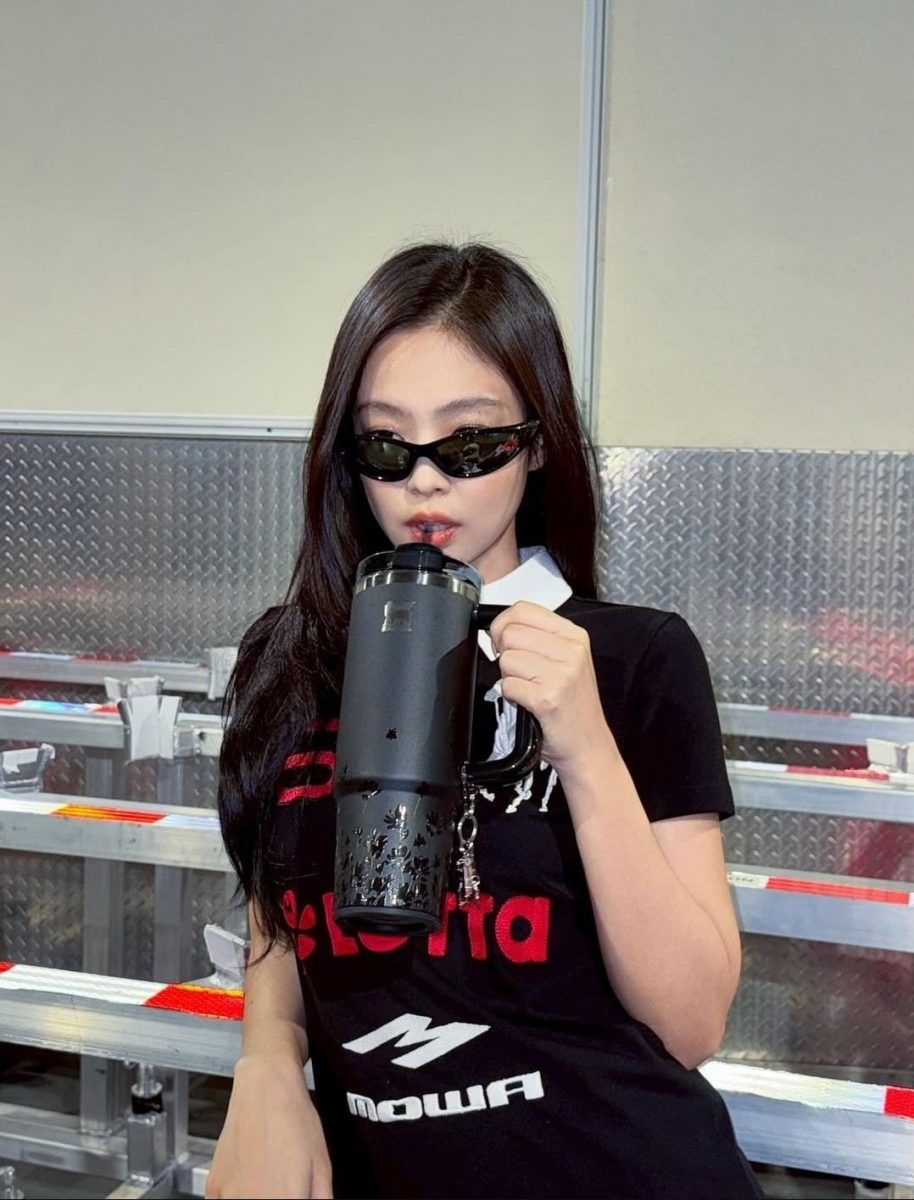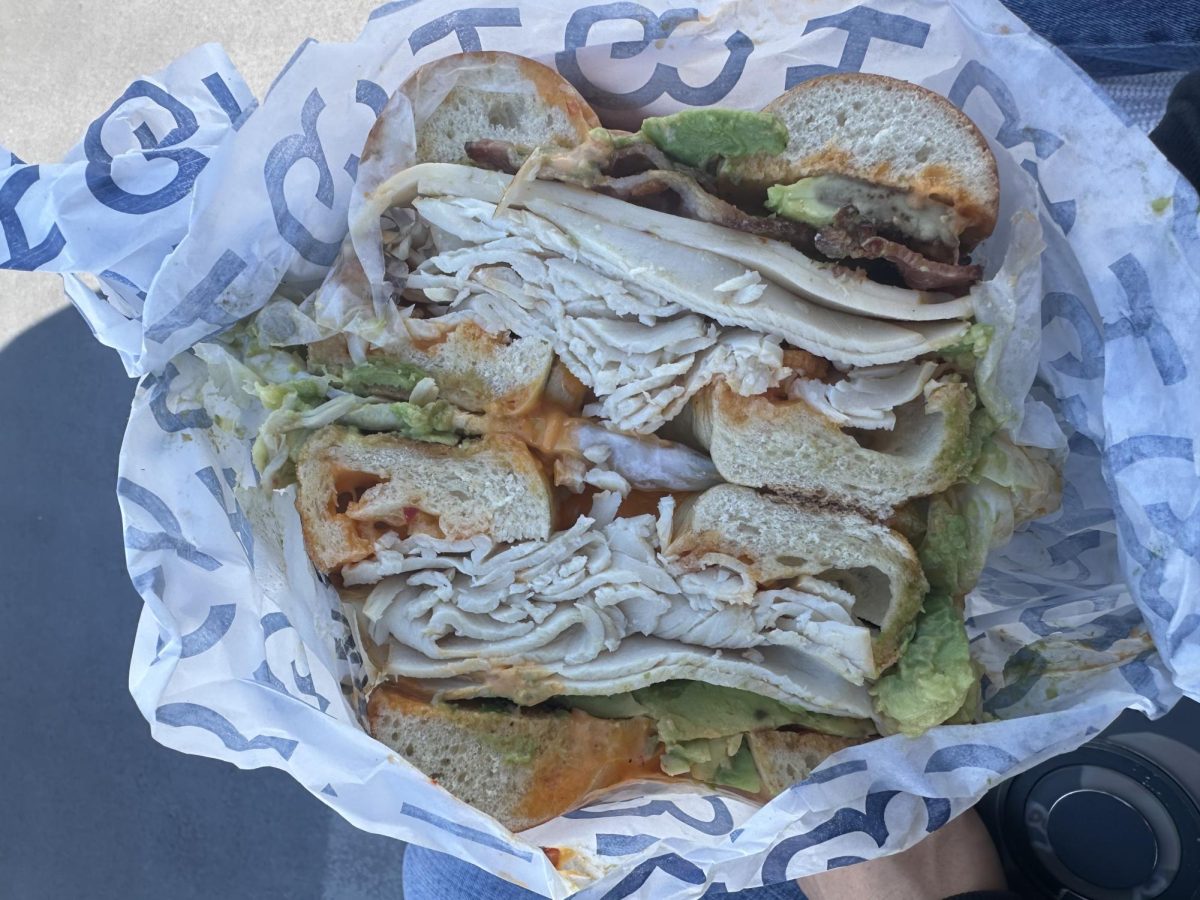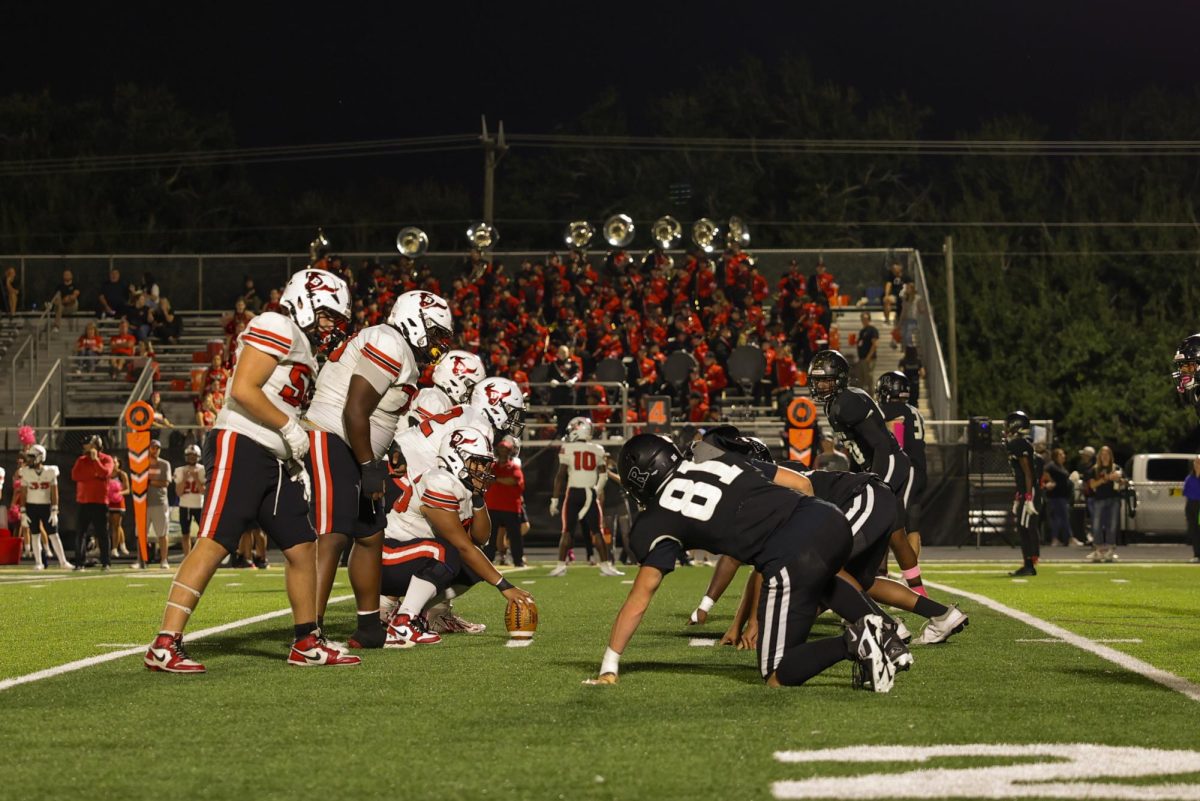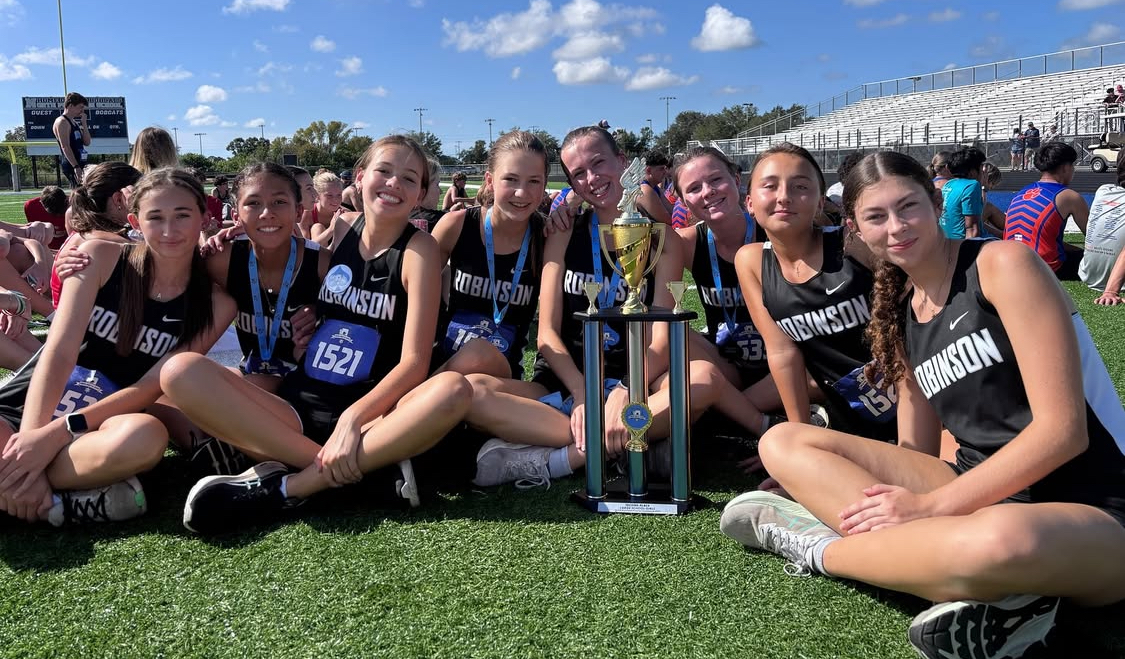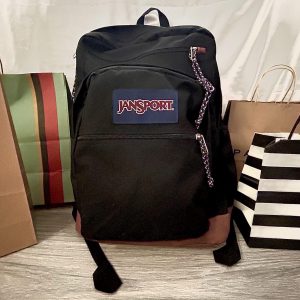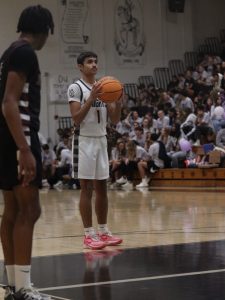The Cube Helps Students Plan for Future
January 5, 2016
Tucked away on the left hand side of the media center, the Cube is a small room open four days a week dedicated to aiding students in the college and career search process. Volunteers stress a student-led approach, addressing the differences between every individual. Students are asked broad questions about favorite subjects, extracurricular activities, and role models in certain professions.
“[We] figure out where you’re coming from and craft something that works for you,” Cube co-founder Anne Eason said.
These volunteers see those overachieving students, the ones that spend their free time prowling college websites and looking up scholarship options. They also see students who would rather start working after high school and build a career without spending more time in education.
When Meg Fernandez and Anne Eason created the Cube, their main goal was to protect students from being overwhelmed or tricked by what they call “post-secondary options.”
According to a 2013 study by the National Student Clearinghouse Research Center, only 56% of students that enter college get enough credits to graduate with a four year bachelor’s degree after six years. Fernandez and Eason are committed to mending this issue.
“Across the country, there are very low college completion rates,” Fernandez said. “They’ll be leaving college with no degree and probably with some financial responsibilities, which is a tough way to start adulthood.”
Assistance from the Cube has helped many students avoid getting burned by college admissions and student loans. When it came to beginning the college search process, Paulina Narvaez (‘16) was lost.
“My parents are both from Mexico, so they have really no clue what the college process is like,” Narvaez said. “They didn’t know what Common App was, they didn’t know what AP was, or even what SAT was.”
For students like Narvaez, the Cube can bridge the gap between students and their aspirations.
“If I didn’t have the Cube, I’d basically have to figure it out by myself,” she said. “But now that I have [the volunteers from the Cube], it’s really taken the stress off.”

